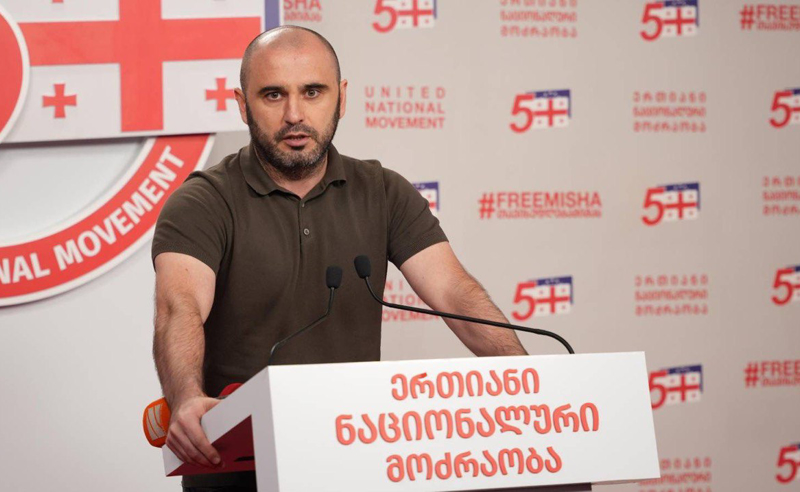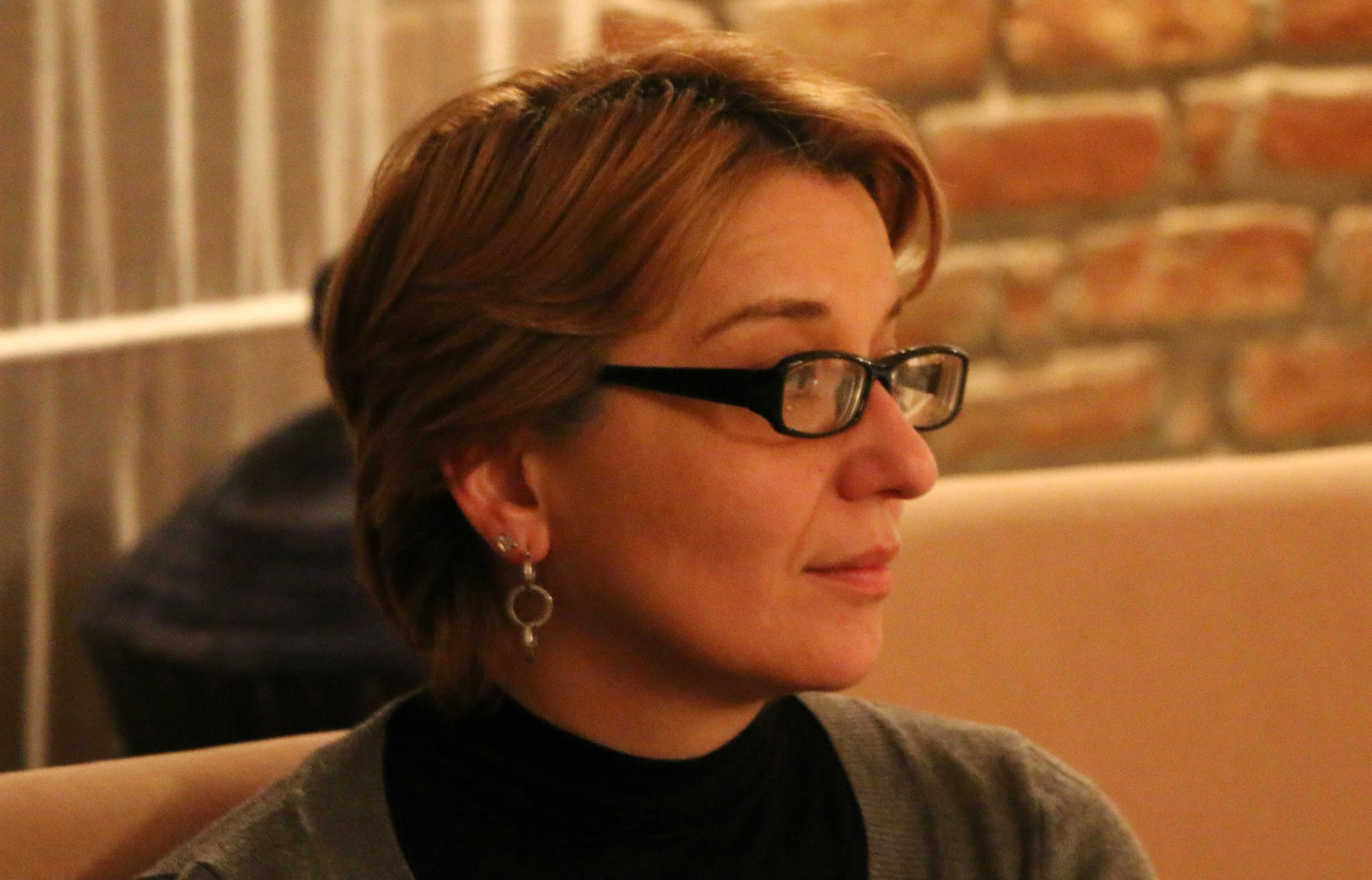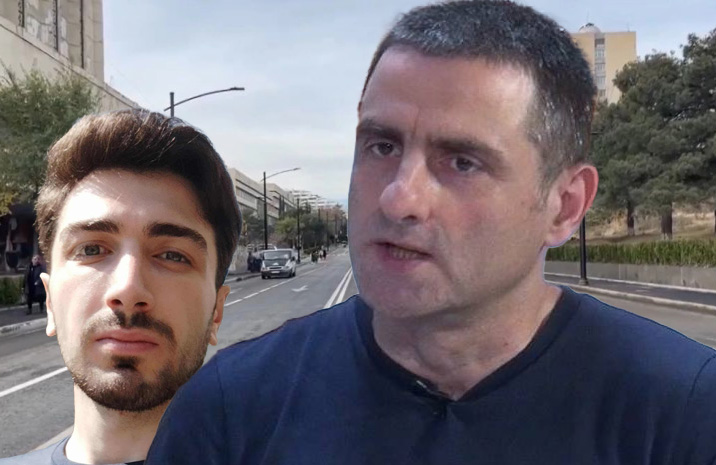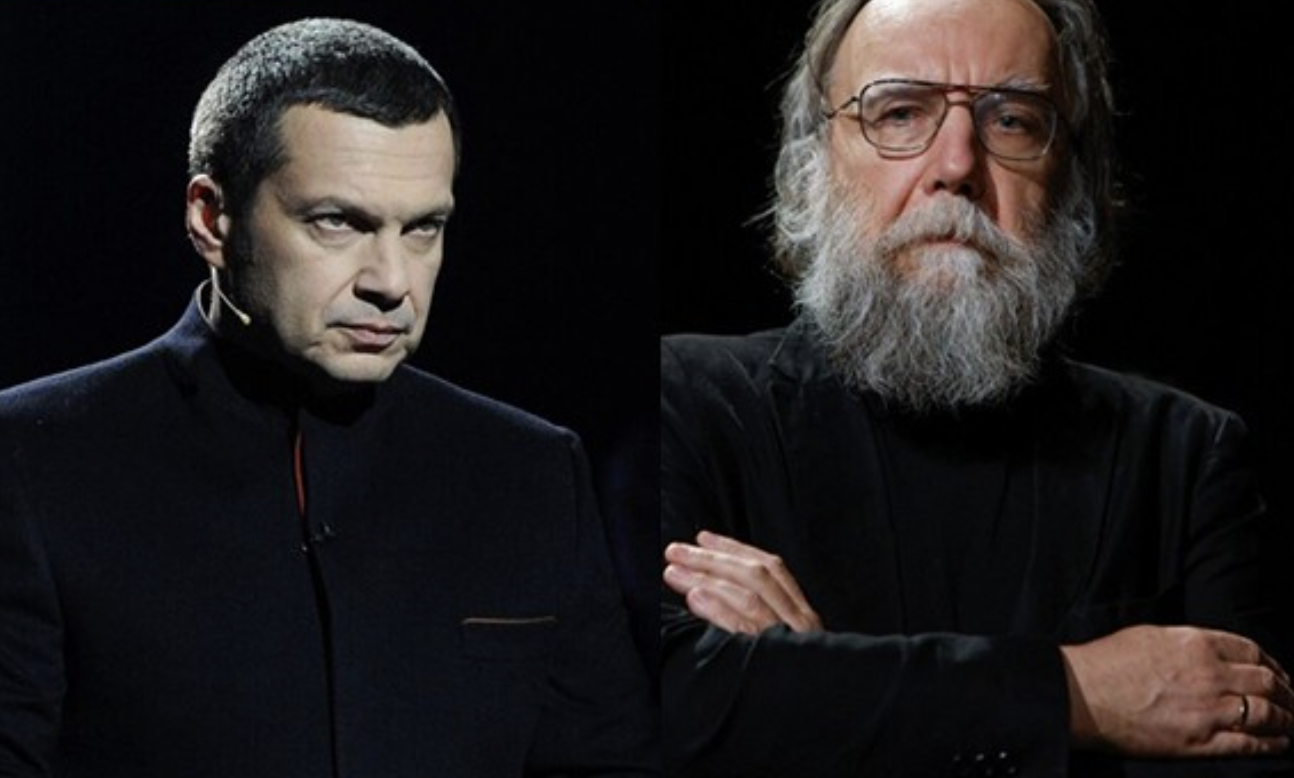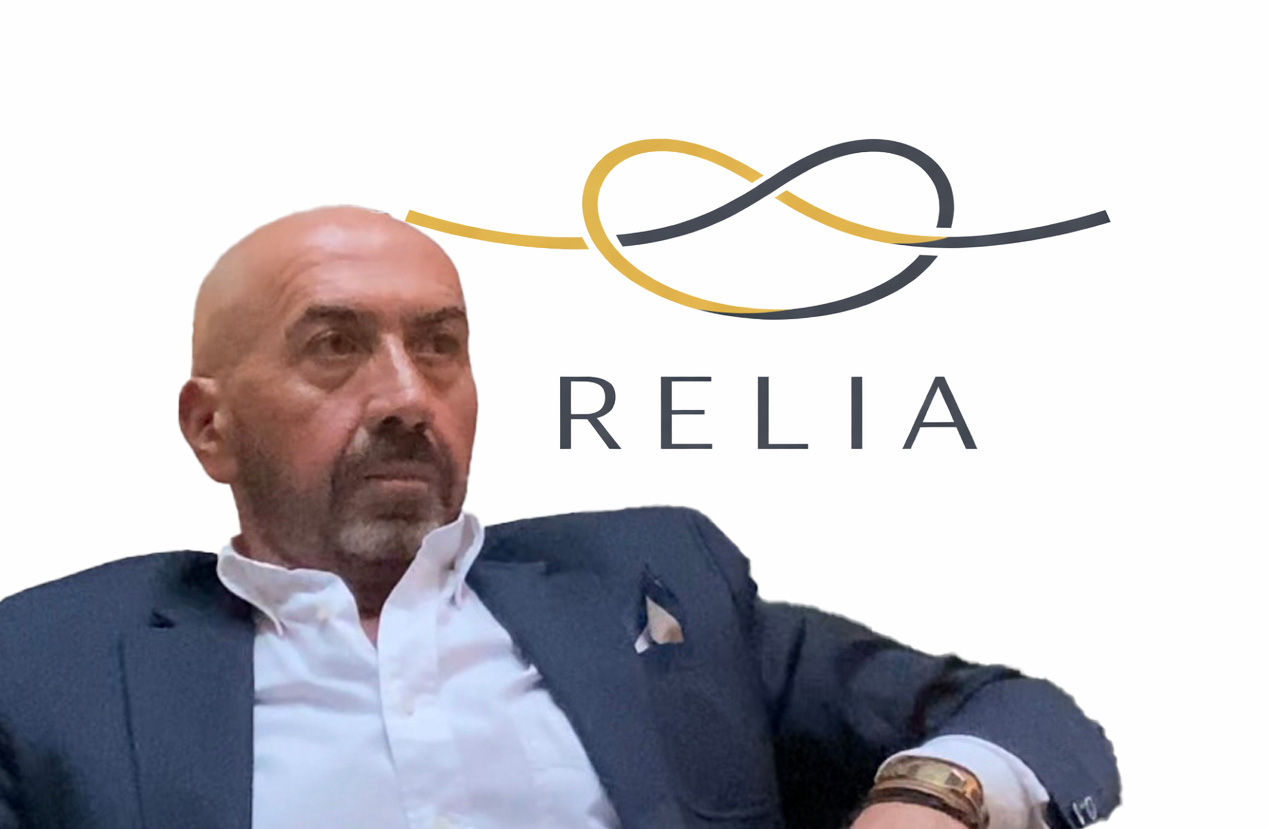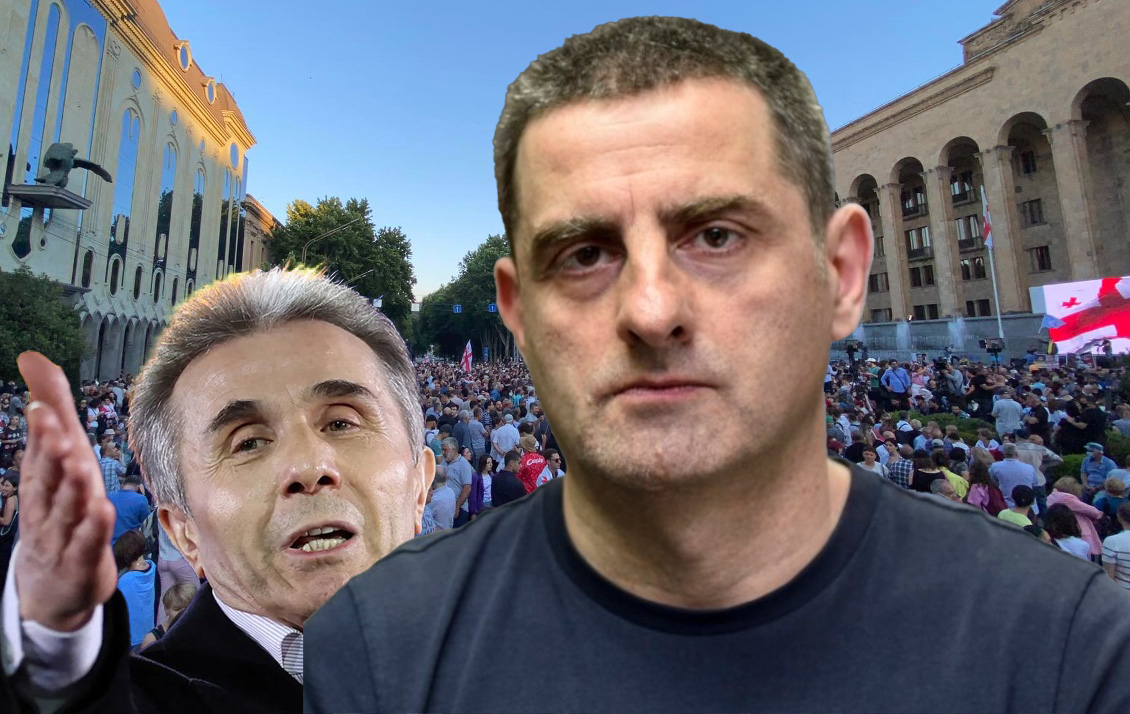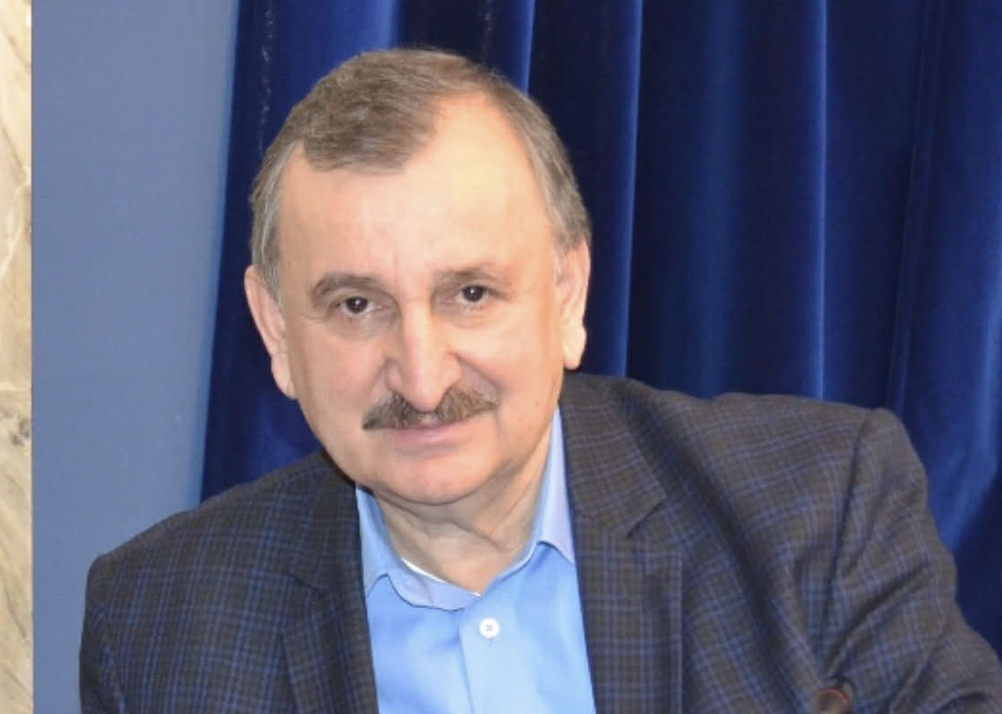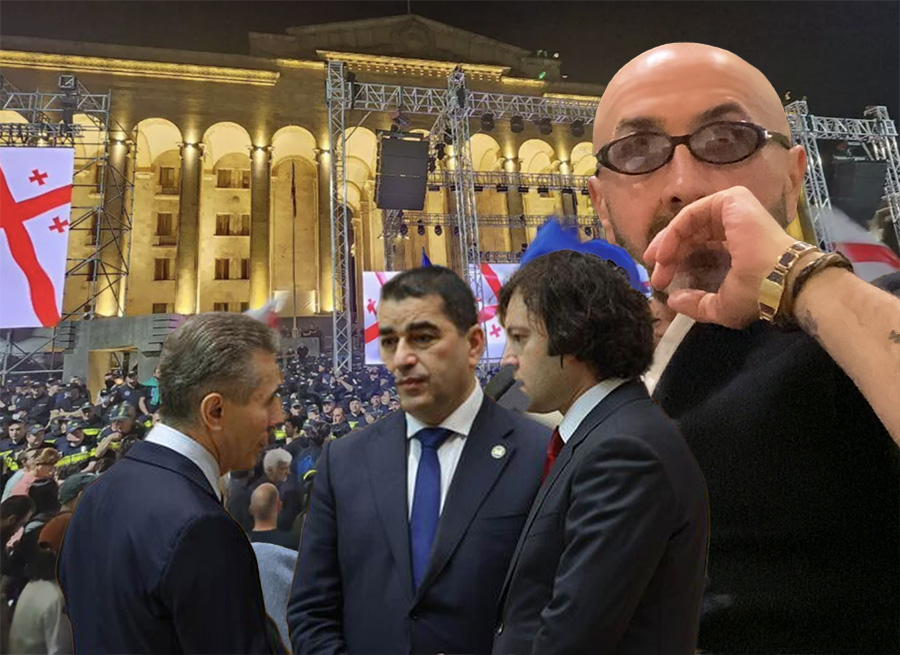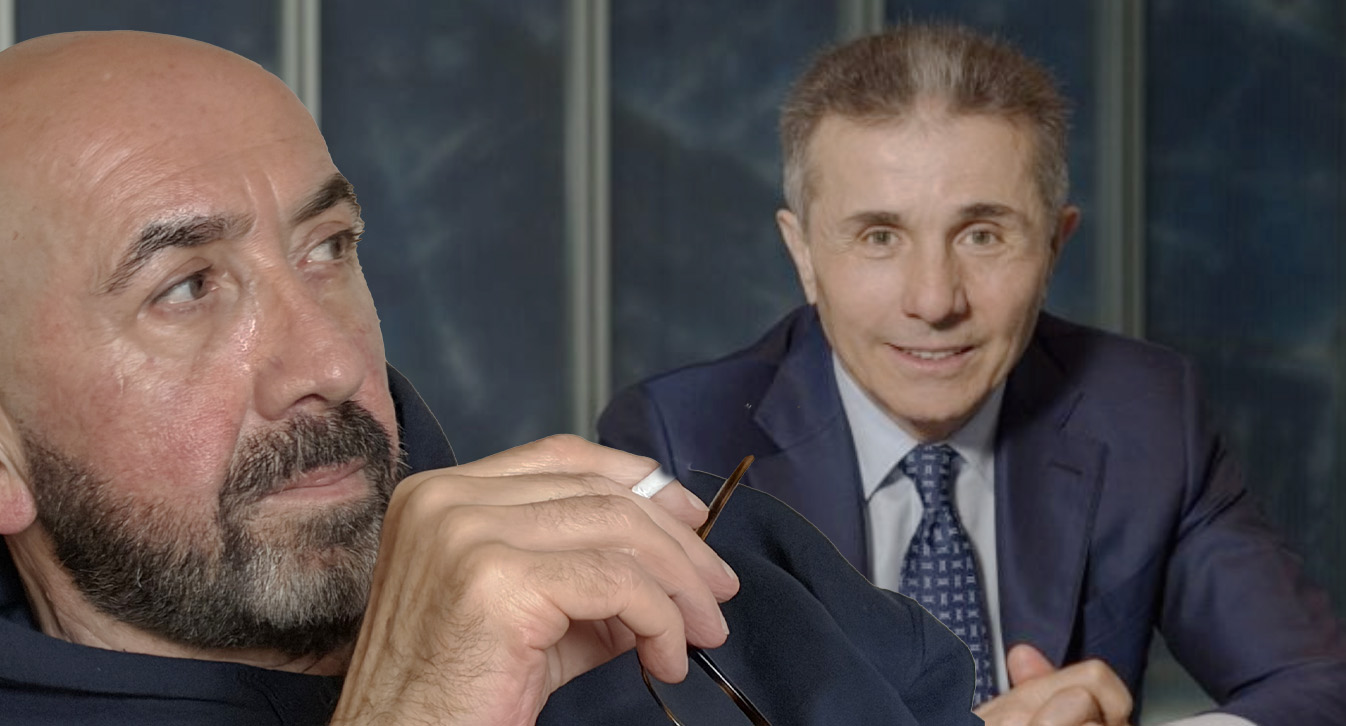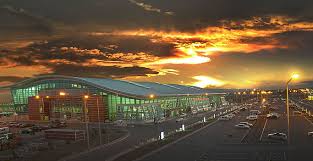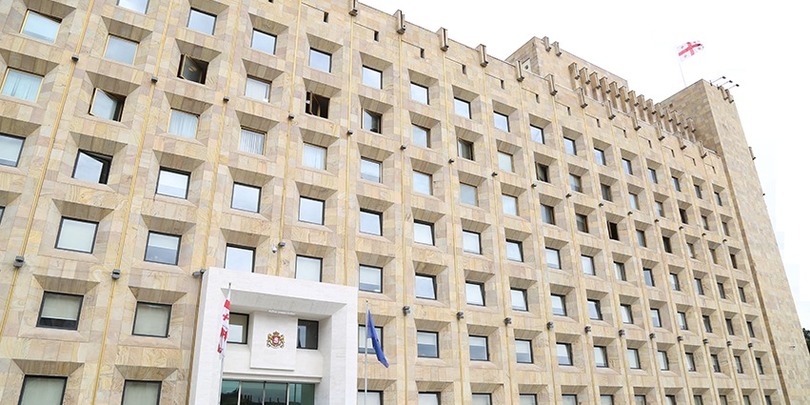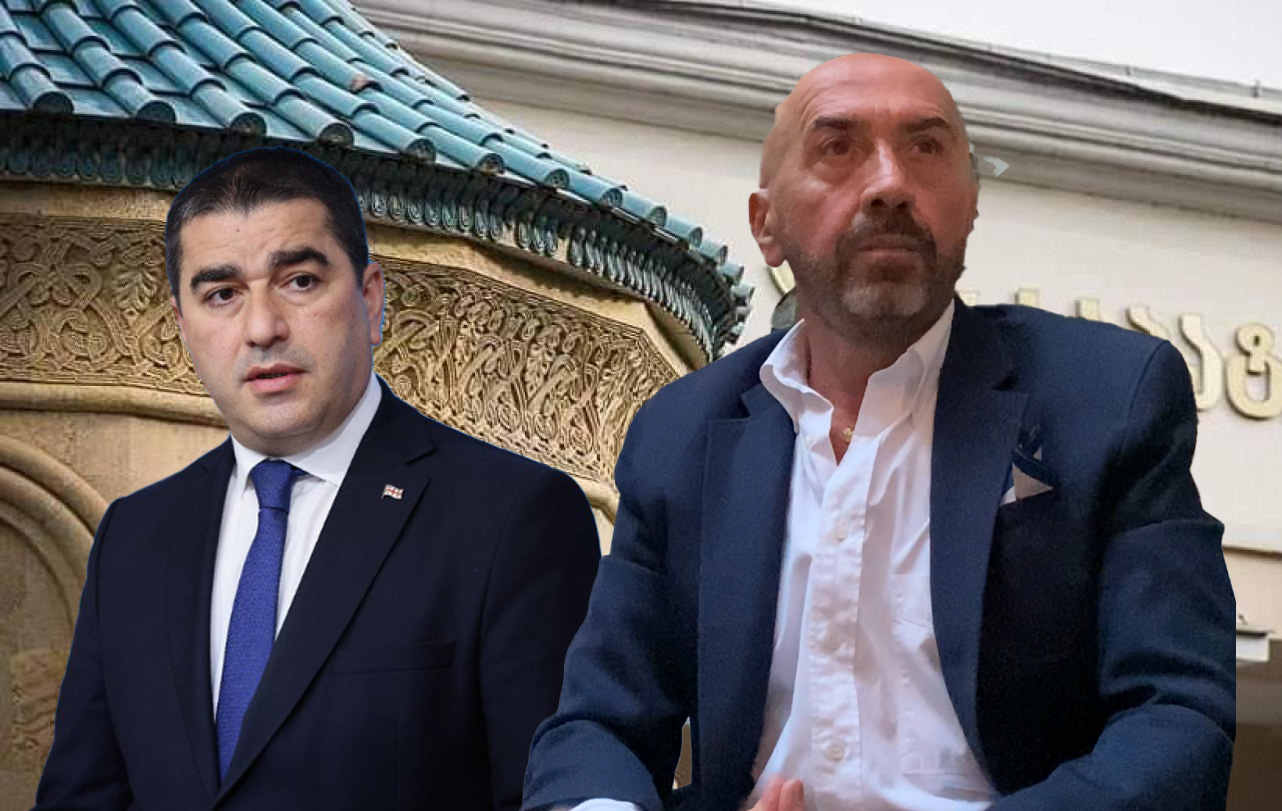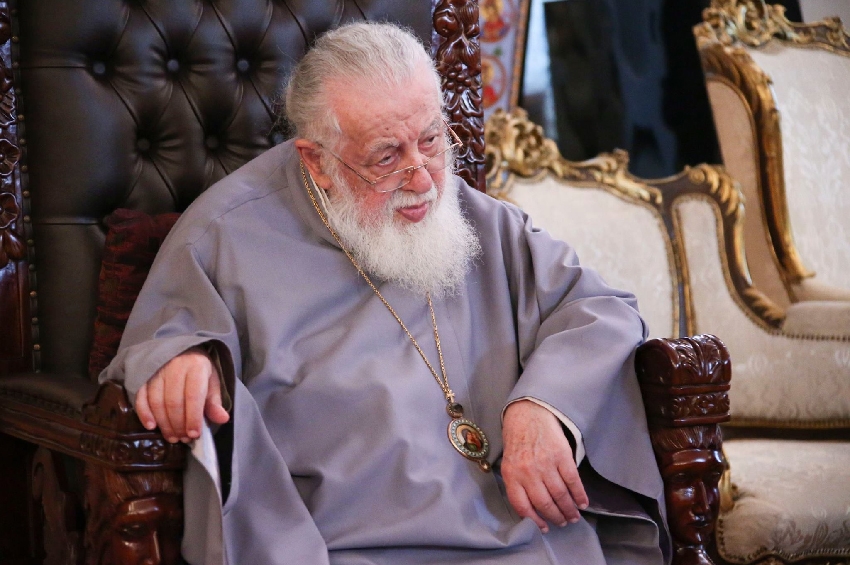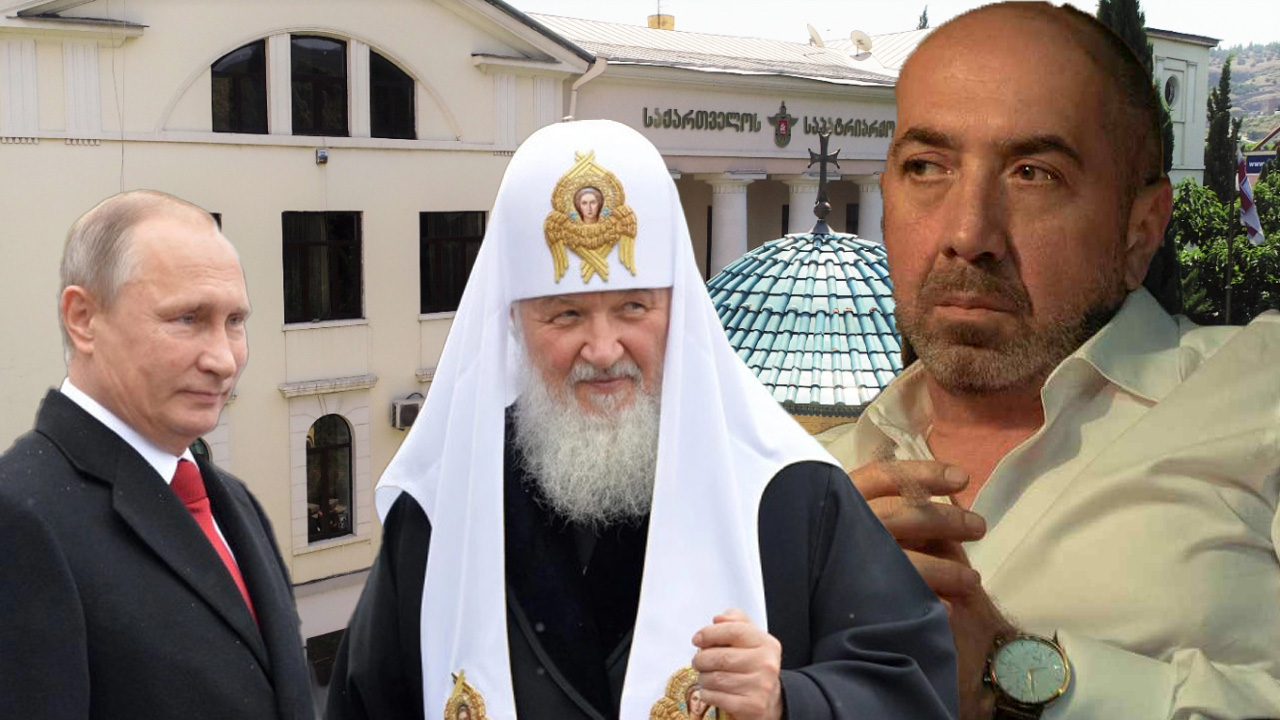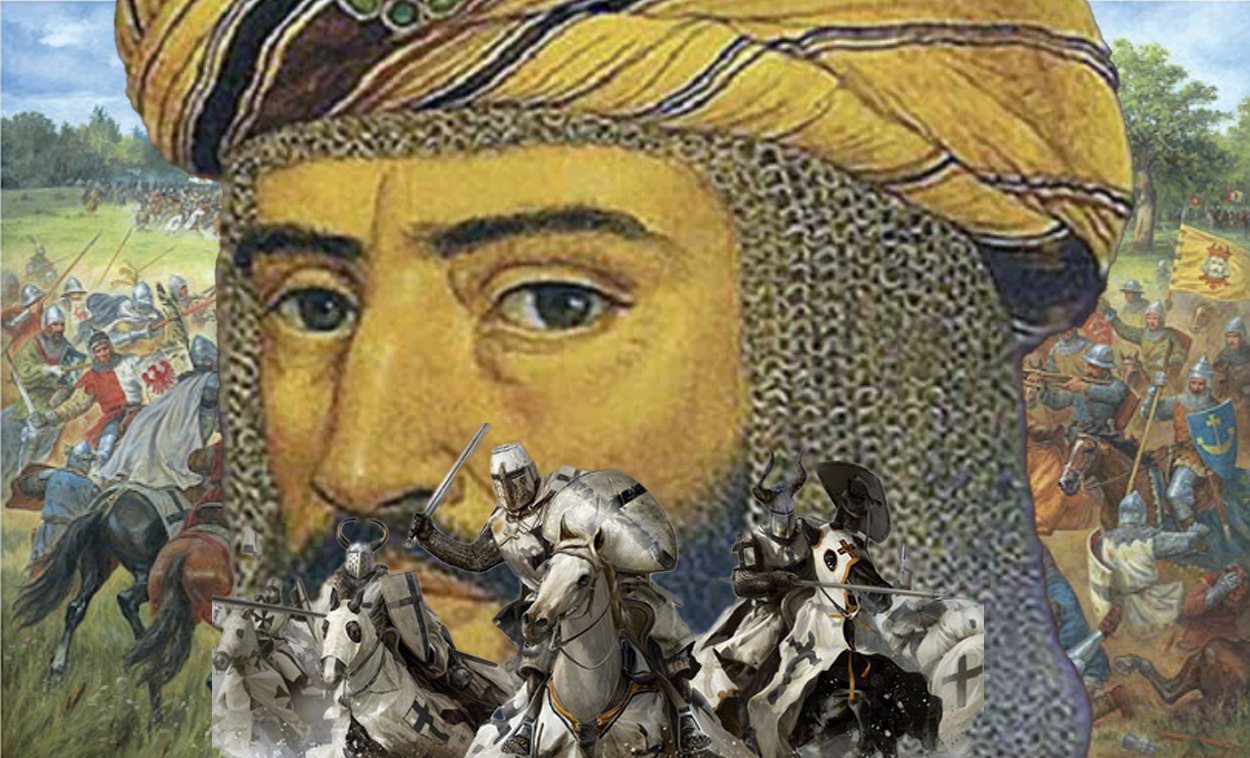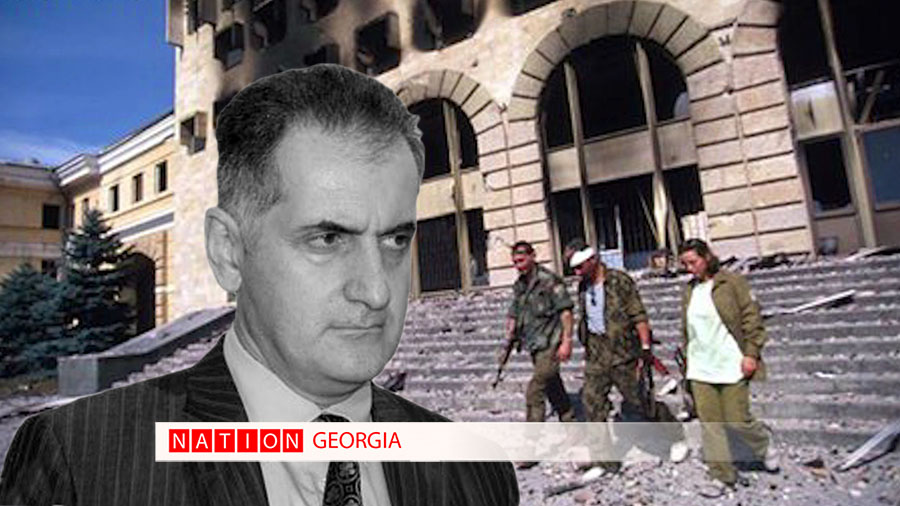Russian economy to reach breaking point due to rising war costs – ISW
29.10.2024 ნახვები: 480
This is stated in a report by the Institute for the Study of War (ISW), as reported by Ukrinform.
ISW analysts referenced an article in The Washington Post, which noted that the Russian economy is "in danger of overheating." The article mentioned that Russia’s excessively high military spending has fueled economic growth in a way that has forced Russian companies to artificially raise salaries to meet labor demand by remaining competitive with Russia’s high military salaries.
The report also cited comments from the Head of the Central Bank of Russia, Elvira Nabiullina, who warned in July 2024 that Russia's workforce and production capacities are "almost exhausted."
Meanwhile, regional authorities in Russia are significantly increasing one-time bonuses for military personnel who sign contracts to maintain the recruitment pace for the armed forces (approximately 30,000 servicemen per month). "This underscores the fact that Russia does not have an indefinite pool of manpower and must financially and socially reckon with the ever-growing costs of replenishing its frontline losses via various force-generation avenues," the analysts believe.
They argue that "Putin very likely assesses that calling another partial mobilization wave, or introducing general mobilization, will be too costly to his regime, and has therefore resorted to crypto-mobilization efforts that appear to be placing greater and greater strains on the Russian wartime economy."
Read also: Running low on resources, Russia still able to sustain war effort - mediaISW analysts contend that the recent presence of North Korean troops on Russian territory and reports of their deployment in combat zones in the Kursk region indicate that "Putin's entire force-generation system is very tenuous."
"The costs of fueling the war will increase as Russia continues to burn through manpower and materiel on the frontline. Russian resources are finite, and Putin cannot reckon with these costs indefinitely. Russia's economy will reach a burnout point. That burnout point will inflict great costs on Russian society, which may force Putin to make major decisions about how to resource Russia’s war or change Russia’s mode of warfighting to preserve his regime’s stability," the ISW analysts concluded.
As reported by Ukrinform, according to European Commissioner for Economy Paolo Gentiloni, Russia has transformed its economy and managed to avoid collapse under the pressure of sanctions, but the consequences will be severe in 2-3 years.




